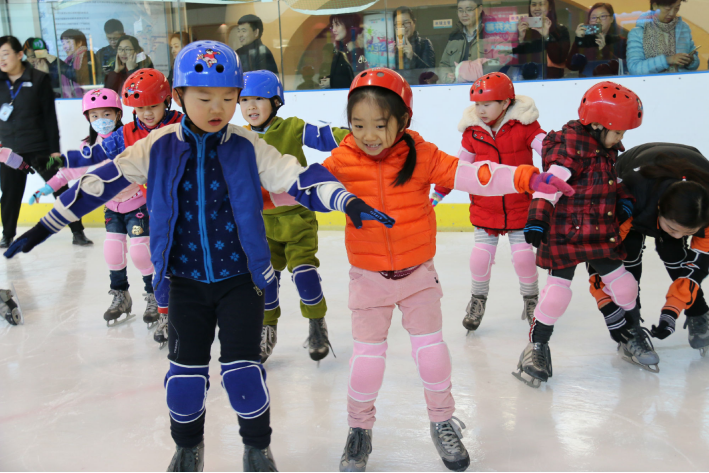if虚拟语气的用法归纳如下:
一、表示与现在事实相反的情况:
1、从句:If主语过去时(Be动词用were)。
2、主句:主语 should/would/could/might do。
3、例句:
(1)If I were you,I would take an umbrella.
如果我是你,我会带把伞。(事实:我不可能是你)。
(2)If I knew his telephone number,I would tell you.
如果我知道他的电话号码,我就会告诉你。(事实:不知道)。
(3)If there were no air or water,there would be no living things on the earth.
如果没有水和空气,地球上就不会有生物。(事实:地球上既有空气也有水)。
二、表示与过去事实相反的情况:
1、从句:If主语had done。
2、主句:主语should/would/could/might have done。
3、例句:
(1)If I had got there earlier,I should/could have met her.
如果我早到那儿,我就会见到她。(事实:去晚了)。
(2)If he had taken my advice,he would not have made such a mistake.
如果他听我的劝告的话,就不会犯这样的旦册错误了。(事实:没有听我的话)。
三、表示对将来情况的主观推测主句:
1、主语:should do。
2、从句:
(1)if主语:were to do。
(2)if主语:should/would/could/might do。
(3)if主语:did(动词过去式)/were。
3、例句:
(1)If he should come here tomorrow,I would talk to him.
如果他明天来这儿的话,我就跟他谈谈。(事实:来的可能性很小)。
(2)If there were a heavy snow next Sunday,we would not go skating.
如果下周日下大雪,我们就不能去滑冰了。(事实:下雪可能性很小)。
四、有时虚拟条件句中,结果主句和条件从句的谓语动作若不是同时发生时,虚拟语气的形式应作相应的调整。这种条件句叫错综条件句。
1、从句的动作与过去事实相反,而主句的动作与现在或现在正在发生的事实不符。
2、例句:
(1)If I had worked hard at school,I would be anengineer,too.
如果我在学校学习刻苦的话,我现在也会成为一个工程师了。
(2)If they had informed us,we would not come here now.
如果他们通知过我们的话,我们现在就不会来这里了。
3、从句的动作与现在御纯事实相反,而主句的动作与过去事实不符,如:
(1)If he were free today,we would have sent him to Beijing.
如果他今天有空的镇迟咐话,我们会已经派他去北京了。
(2)If he knew her,he would have greeted her.
要是他认识她的话,他肯定会去问候她了。
五、当虚拟条件句的谓语动词含有were、should、had时,if可以省略,这时条件从句要用倒装语序,即把were、should、had等词置于句首,这种多用于书面语,如:
(1)Should he agree to go there,we would send him there.
要是他答应去的话,我们就派他去。
(2)Were she here,she would agree with us.
如果她在这儿的话,她会同意我们的。
(3)Had he learnt about computers,we would have hired him to work here.
如果他懂一些电脑知识的话,我们已经聘用他来这里工作了。





